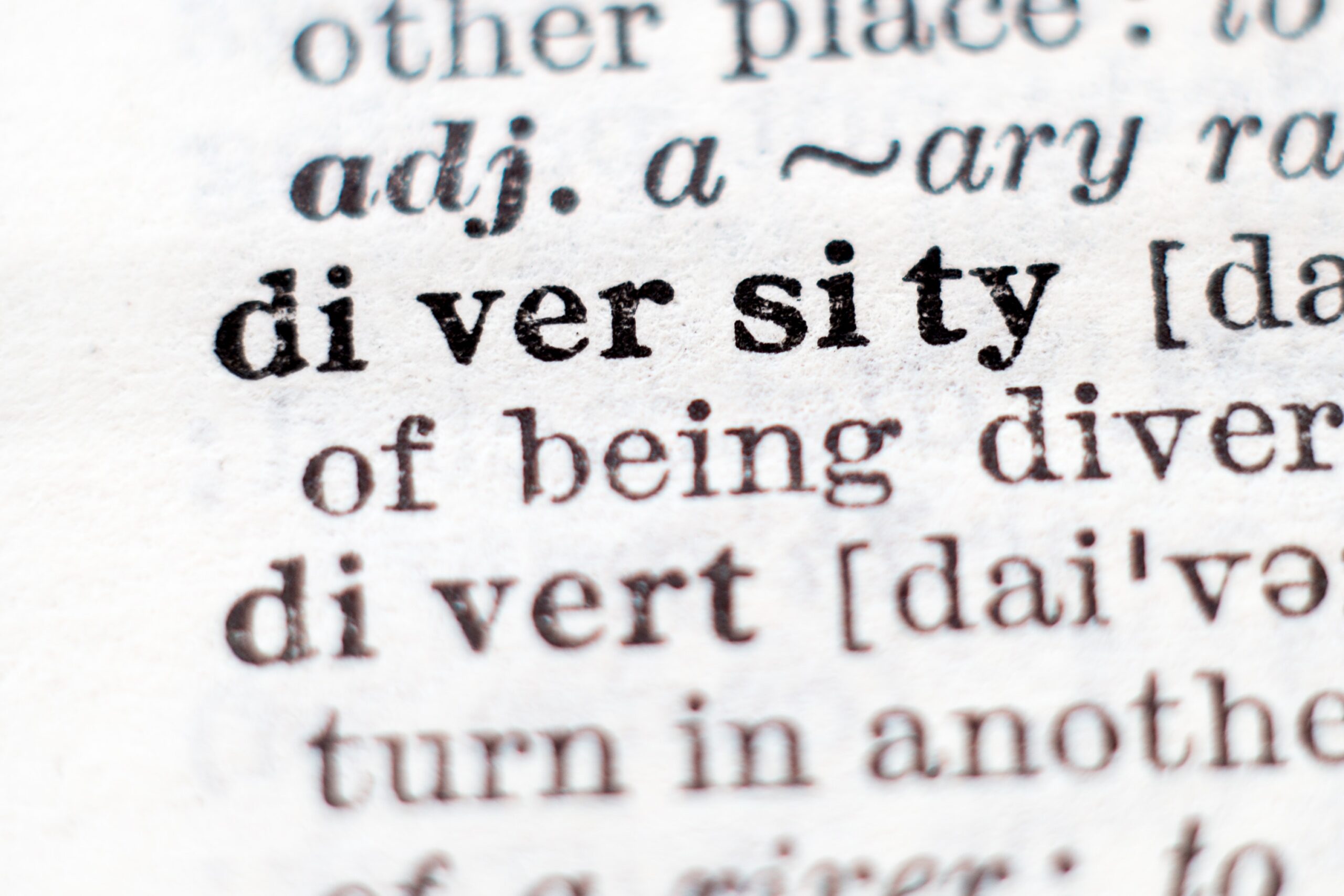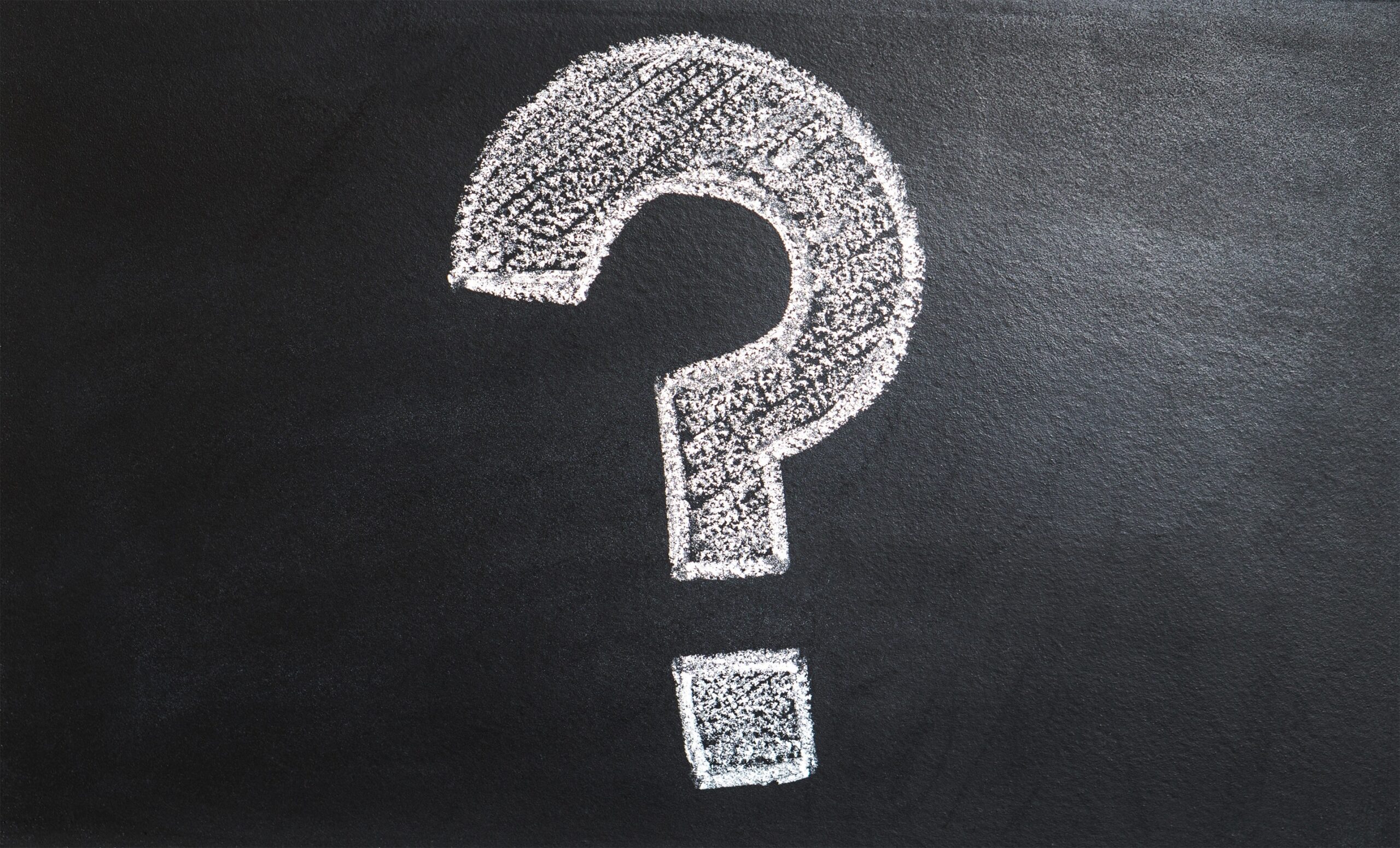“In German, a young lady has no sex, while a turnip has. Think what overwrought reverence that shows for the turnip, and what callous disrespect for the girl.”
Mark Twain grumbled in his essay The Aweful German Language about the problem with the grammatical gender.
Masculin, feminin and neutral are the three grammatical genders that posed him a bit of a challenge. Learning these is indeed tricky for those who’re starting to learn German because – as Mark Twain himself points out, certain things are rather illogical. But once you get the hang of it, it’s actually not that bad. Plus – it’s usually not a big deal if you use the wrong gender: if you say ‘der Handy’ instead of ‘das Handy’, everyone will still understand that you’re talking about ‘the mobile phone’.
But there’s something around genders that gets even native Germans into trouble these days.

In German, most job titles have both a masculine and feminine form, to reflect the gender of the professional, similar to the English distinction between “waiter” and “waitress”.
Feminine job titles are usually created by adding -in to the grammatically masculine word in question. For example, the general grammatically masculine term for financial advisor is Finanzberater (singular or plural). This yields the feminine form Finanzberaterin (plural: Finanzberaterinnen).
Helmut Kohl was Bundeskanzler (masculine), Angela Merkel is the Bundeskanzlerin (feminine).
In this day and age, however, there’s a growing need for more gender-neutrality in the language.
What do you do, for example, when you’re advertising for a role in your firm and you don’t want to discriminate against a specific gender? Are you recruiting a Finanzberater, or a Finanzberaterin? Choose one or the other, and you land yourself in hot waters – you’re discriminating.
How do Germans get around this issue?
You can see solutions such as these:
- Word pair with ‘and’: Finanzberater und Finanzberaterinnen (male and female financial advisors)
- Parentheses: Finanzberater(in) (male advisor, female advisor); in plural: Finanzberater(innen) (male and female finance advisors)
- Slash: Finanzberater/in; in plural: Finanzberater/innen – with the slash symbol, it’s clear that both male and female applicants are welcome
- internal-I: FinanzberaterIn; in plural: FinanzberaterInnen
- Gender star: Finanzberater*innen
The gender star was put forward as an improvement on the internal-I, which was seen as too beholden to the gender binary, whereas the asterisk allowed other, non-binary genders to be included.
Gender star was so hotly debated that it was named German Anglicism of the Year in 2018.
But critics say that the asterix awkwardly interrupts the word and is difficult to read. To make matters worse, when these words come up multiple times in a text, it starts to look and feel odd and wearisome.

This is all in writing. But what happens when speaking?
Interestingly, a glottal stop can be heard these days to signal gender neutrality when speaking.
What’s a glottal stop?
In English, the glottal stop occurs for example, between the vowel sounds in uh-oh!: Or take the Cockney pronunciation of “butter” as “bu’er”: in a similar way, Germans would say Finanzberater*in – and at the point of the gender star, you’d hear a subtle sound like in the Cockney “bu’er’”.
This way, you have the option to address all genders at the same time in spoken German.
But is this sufficient enough to include all genders of the spectrum? Are these solutions right?
I had an interesting email exchange on this very issue with Lane Greene, columnist at the Economist Magazine. As he puts it:
There are options that involve a new engineering of the language, but some are more elegant and fit the language better than others. Swedish has a new pronoun, “hen”, that sits nicely between “han” and “hon”. And some Spanish-speakers have been replacing the -o and -a with -e, another solution that has the virtue of not sticking out as alien to the language.
I wonder if someone could engineer a new solution in German, like the Spanish -e. Easy to pronounce, easy to learn, not too distractingly ugly.
But what gender would it take?
A host of thorny issues.
Languages evolve. They adapt to the times we’re in. New words are born. Old words get out of use. And this is a historical moment when we can witness the grammatical change of a language, right in front of our eyes.
In 2018 the Council for German Orthography was asked to rule on the gender asterisk but said such matters should not be settled in a top-down fashion.
Clearly, it’s down to the users of the language which way they want to go. And as it all happens right in front of us, we can’t wait to see which turn the German language will take.
What do you think - which way should it go?
We, ProLingua Global, would love to hear your voice on this one. Leave a comment below to let us know.






0 Comments